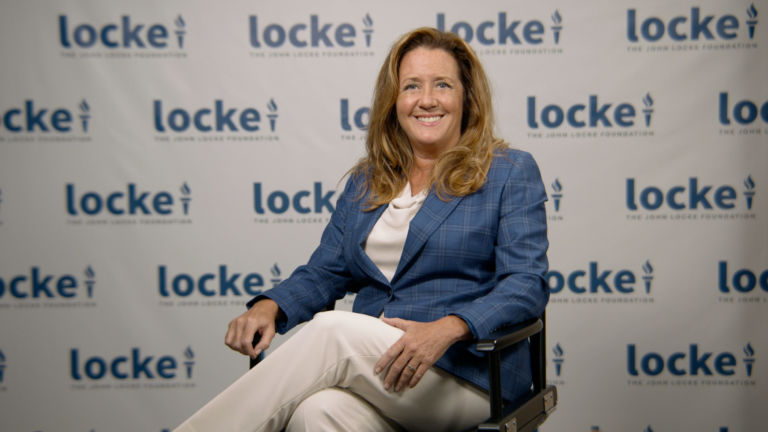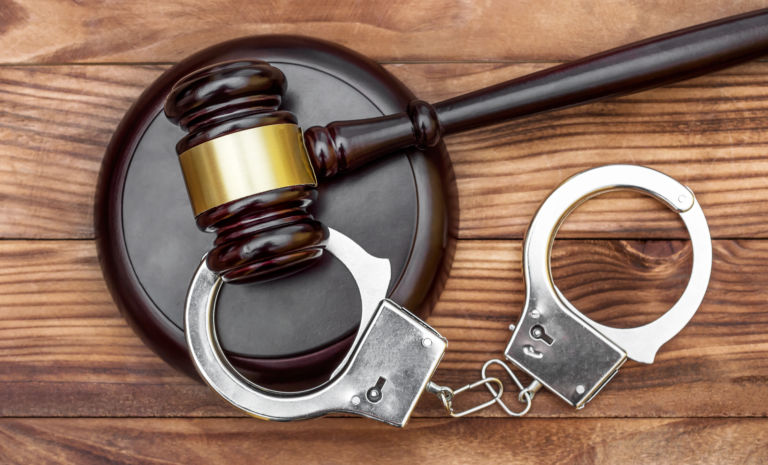Ashe Schow of the Washington Examiner probes new legislation aimed at fighting sexual assault on college campuses.
Campus sexual assault has become a hot topic in Congress. In addition to the Campus Safety and Accountability Act, which the Washington Examiner reported on last week, two more bills were introduced that fail to address due process rights for those accused of the crime.
The Survivor Outreach and Support Campus Act and the Hold Accountable and Lend Transparency on Campus Sexual Violence Act both build on CASA’s foundation of victim advocacy. They both also fail to mention any protections for the accused and appear to treat anyone who reports a sexual assault as an automatic victim — no matter whether the accusation holds true.
SOS Campus Act
This short bill, introduced by Sen. Barbara Boxer, D-Calif., does take a positive step by requesting universities that receive federal assistance “designate an independent advocate for campus sexual assault prevention and response.” But the bill only requires the advocate to work with the accuser and never mentions working with the accused.
The advocate will be responsible for providing accusers with information about “how to report sexual assault to law enforcement,” medical care and “medical forensic or evidentiary examinations,” the bill states.
The advocate will also provide “crisis intervention counseling and ongoing counseling,” “information on the victim’s rights and referrals to additional support services,” and “information on legal services.”
At no point does the bill require the advocate to provide such services to the accused, meaning they are on their own to figure out how to defend themselves.
The bill promotes reporting of sexual assaults by stipulating that accusers “may not be disciplined, penalized or otherwise retaliated against for reporting such assault to the advocate.”
But what if the accusation turns out to be patently false? At that point, the accused is the victim, and what is his or her recourse?


